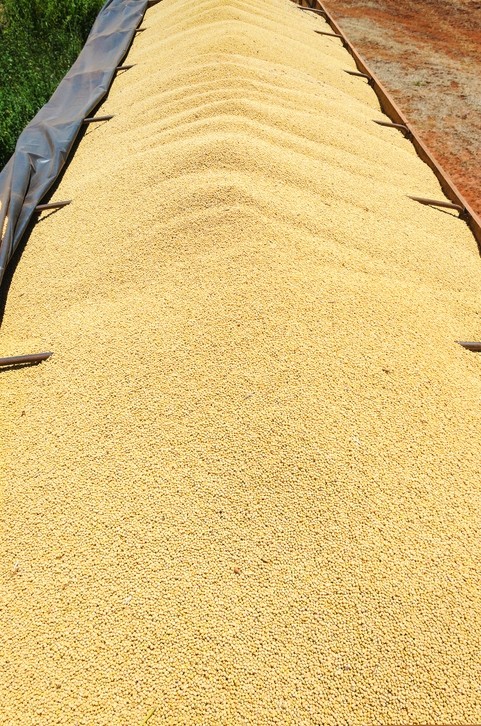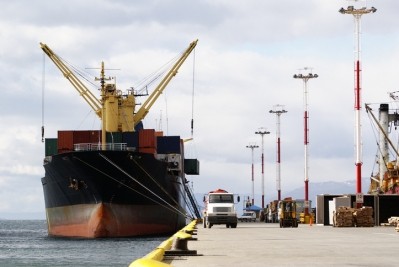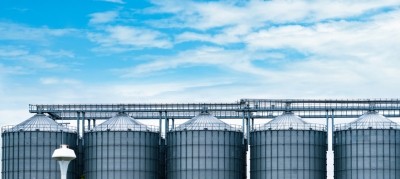Brazilian crushers do not see much business sense in importing soybeans

The country, the world's largest soybeans producer and exporter, sold over 98% of its 2019-20 oilseed stocks in the first three quarters of 2020 due to robust demand from world's largest beans importer, China.
As a result, Brazilian domestic soybeans prices soared to unprecedented highs amid restricted supplies.
Brazilian crushers do not see much business sense though in buying imported soybeans in Q4 of 2020, according to an agriculture analyst.
The Brazilian real is trading at 5.60 per US dollar, as of October 21, down 40% year on year.
“A weak Brazilian real versus the US dollar ensures high import costs of raw beans for the local crushers and the price spread between domestic and imported oilseed may not be much,” said the Platts team, citing those sources.
But the current tight supply and record prices of soybeans are expected to slow down Brazilian oilseed crushing in Q4 on negative crush margins, they added.
Background
Inflation is turning into a political headache for the Brazilian government, as it also grapples with the impact of the coronavirus on the economy, finds a USDA report.
Record high prices for Brazilian soybeans have fueled inflation, which, in September, hit 0.64% - the highest value for the month of September since 2003, according to the government data.
To counter inflation, the government announced on October 16 that it would suspend the import tariffs on corn, soybeans, soy meal, and soy oil from non-Mercosur countries – that is beyond Brazil, Argentina, Paraguay and Uruguay.
Brazil’s animal protein association (ASBIA) had asked the government to eliminate tariffs to offset the rising costs of feed. Soybean meal and corn account for 70% of the cost of production of chicken and pork, which ASBIA say has increased product prices and affected the competitiveness of the sectors.







